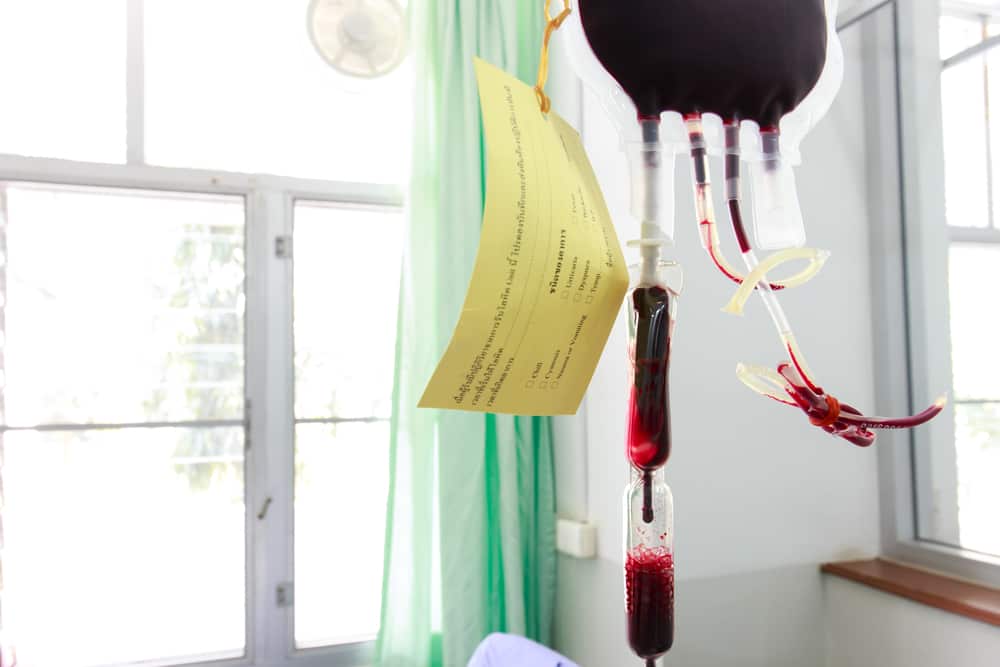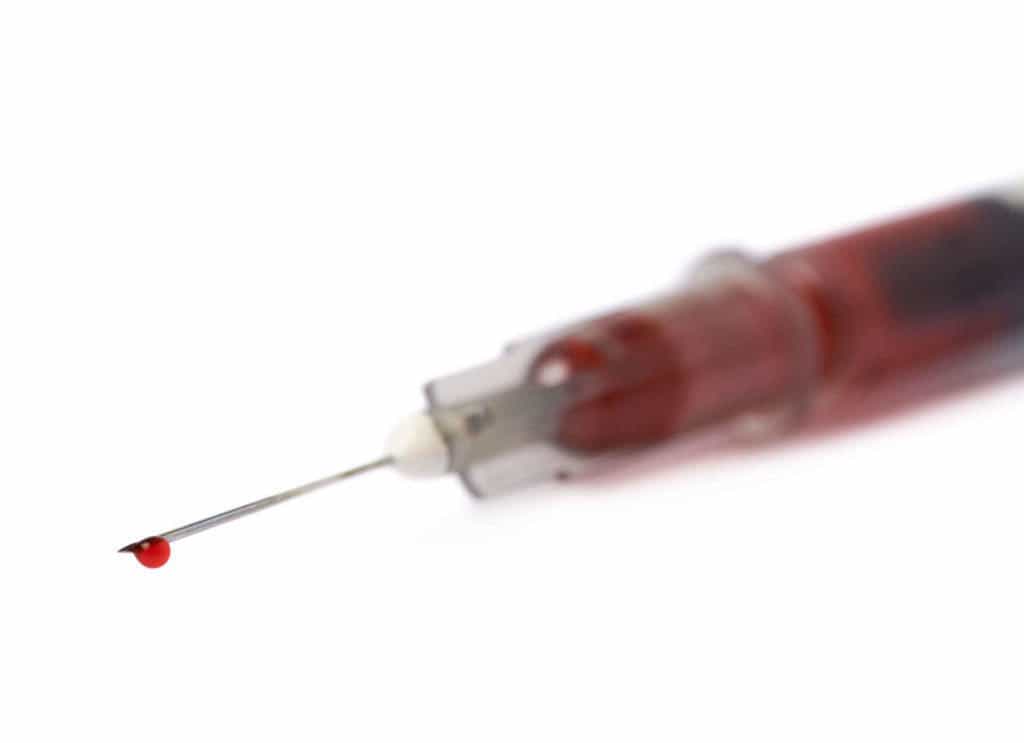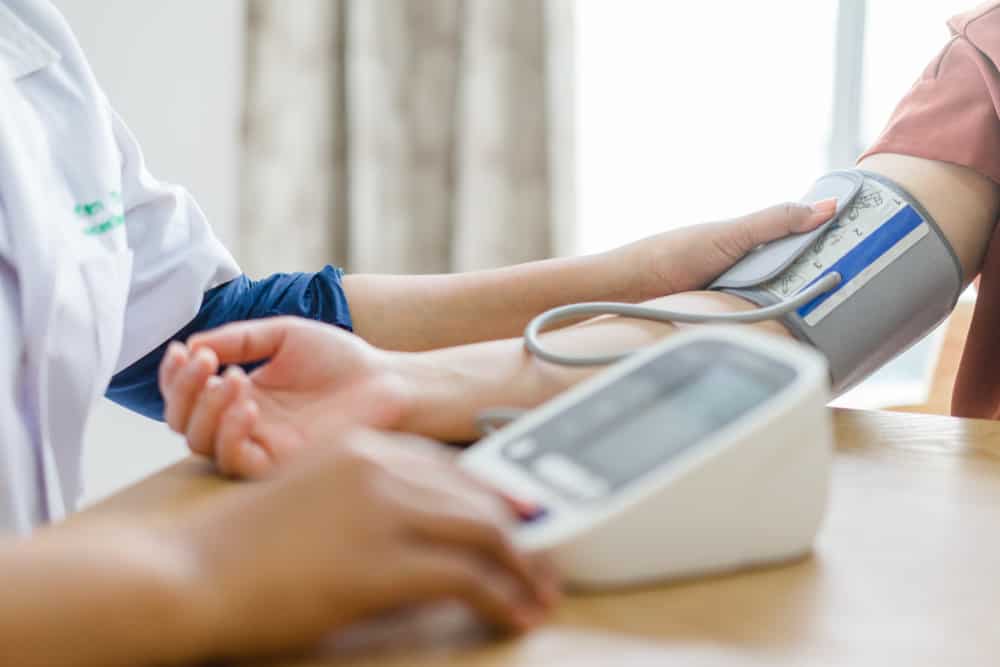Contents:
- Medical Video: Blood Transfusion
- Who needs a blood transfusion?
- What should I prepare for a blood transfusion?
- What is the process of blood transfusion like?
- Are there side effects from blood transfusions?
Medical Video: Blood Transfusion
Blood transfusion is a medical procedure in which a person receives blood donated from another person to make his health condition recover. Actually, who should have a blood transfusion? What should you prepare if you have to be transfused? Here are things you should know before you do a blood transfusion.
Who needs a blood transfusion?
Blood transfusion is carried out in people who experience a lack of blood. There are many conditions that cause a person to lack blood such as:
- Just had a major operation so I had to do a transfusion to replace the lost blood.
- Having an accident or a disaster that causes heavy bleeding.
- Experiencing a certain bodily function disorder, for example anemia, severe infectious disease, liver function disorders, thalassemia, hemophilia, and thrombocytopenia.
The average adult has about 5 liters of total blood in his body. If you lose just a little blood or no more than 1.5 liters, your body will be able to replace it by creating new red blood cells within a few weeks - but is helped by adequate food and drink intake.
Blood transfusion is not only red blood, but also platelet, blood plasma and white blood transfusions. To determine which type of blood transfusion you get, this will be adjusted to your individual health and treatment conditions.
What should I prepare for a blood transfusion?
Patients who have to do a blood transfusion actually do not need to prepare anything. However, before the blood transfusion, the patient's blood type and type must be known first. This can be known by checking blood in the laboratory.
So, before you do a transfusion, your blood will be taken a little to be sampled and examined further. Not only that, usually the medical team will check your health condition in general, by measuring your blood pressure, body temperature and heart rate.
In addition, you can also eat foods high in nutrients and calories to speed up health recovery. If you have anemia, you can eat foods such as chicken, beef, liver, and various vegetables with dark green leaves. However, you should also ask the medical team that handles you regarding what foods are being challenged and is recommended to be eaten.
What is the process of blood transfusion like?
Blood is inserted into the body through a needle that is connected to the blood sac. not much different when you are infused, this medical procedure is also done in this way. This action will take around 30 minutes to 4 hours, depending on how many blood bags you need to get into your body.
Are there side effects from blood transfusions?
So far, if the transfusion is carried out based on the correct medical standards, it will not endanger health at all. Maybe, you will experience mild side effects, such as:
- Headache
- Fever
- Feeling itching
- A little hard to breathe
- Reddened skin
While side effects that rarely appear - but still can occur - after doing this, namely:
- Difficulty breathing
- Chest pain
- Suddenly blood pressure drops
If you have undergone a blood transfusion more than once, the possibility of a disruption in the immune system is greater. this is due to your immune system's reaction to the blood that has just entered the body. However, this condition is rare and can be prevented by checking your blood type beforehand, so that the blood transfused is definitely compatible with the body.
If you experience or feel a symptom or health problem during a blood transfusion, then don't hesitate to let the medical team handle you.













